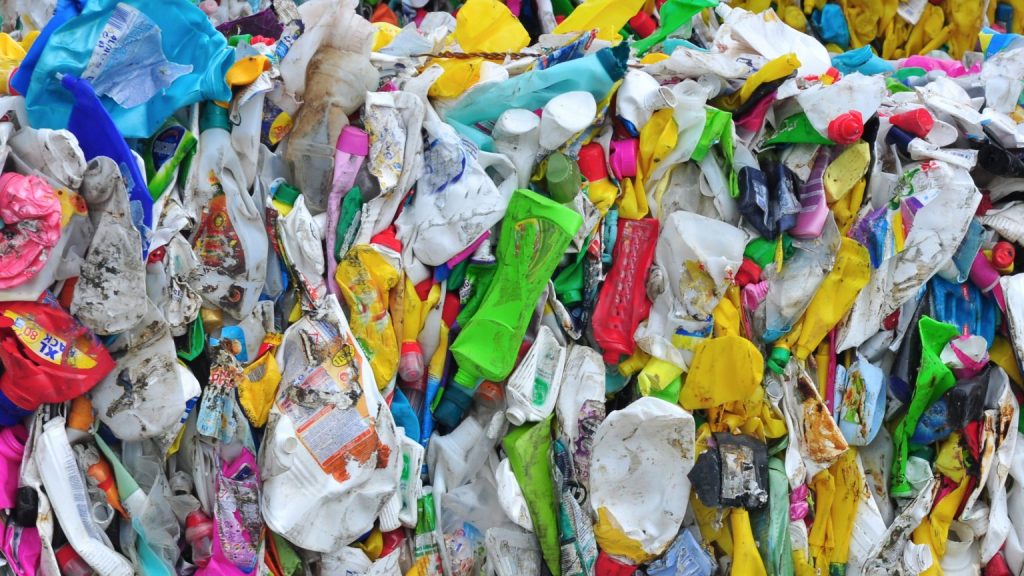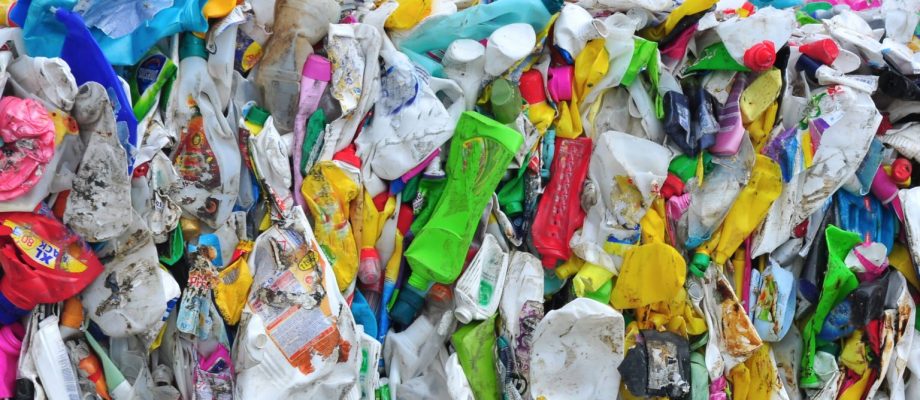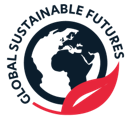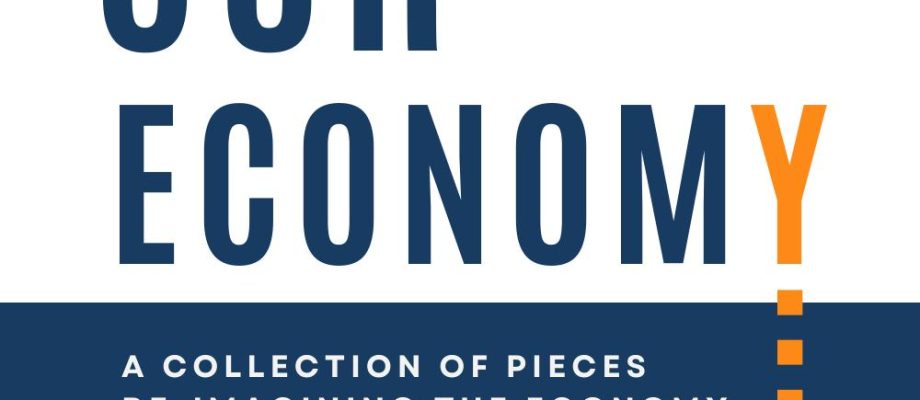By Chloe Baker
It’s bin day and you’ve done your job: carefully separating the plastics from paper, paper from cardboard, cardboard from glass, and food waste from everything else. By the evening the streets are cleared and your recycling is out of sight and mind. But where has it gone? It’s easy to forget that the stuff we send away stays for longer than we do on this earth, and in the UK, it’s likely that it will not be recycled for good use. Rather, most of what you’ve sent has a long journey ahead of it: overseas.
The UK has crafted a 25-year environmental action plan, developed a green economy and committed to reducing carbon emissions, yet “Britain is one of the biggest producers of plastic waste in the world, second only to the US.”[1] I’ll let that sit with you for a moment: the fact that our little island is comparable in its plastic pollution to the third-largest country in the world. The UK produces 1.7 million tonnes of plastic[2] alone each year which, according to Greenpeace, is more plastic waste per person than almost any other country in the world.[3] The government claims that almost half of the UK’s plastic packaging gets recycled, but less than half pales in comparison to countries like Sweden that are aiming for zero waste and pay people to recycle.
Where the UK’s recycling goes is largely disappointing, contributing to the global plastic waste crisis, and puts profit first, moving further away from a sustainable future. We send around two-thirds of our recycling overseas: the BBC estimated that 611,000 tonnes of plastic packaging[4] had been sent away in 2018. What’s worse is where we sent it. The Guardian reported that more than half of the plastic rubbish the British government says is being recycled is sent overseas, often to countries like Turkey, without the necessary infrastructure to deal with it in an environmentally sustainable way.[5] Its unsustainable and immoral nature is no secret. Photos show just how bad the situation is: people standing among heaps of the resulting illegally dumped or burned recycling, charred cheese wrappers from Tesco reaching places it should never be, and rivers choking with our bread bags, crisp packets, coke cans, and dirty plasters.

The UK’s habit of sending recycling overseas has been going on for a while, but countries are beginning to fight back. Loose and unimposed regulations allow biohazardous waste to be illegally exported. Nappies, sanitary products, and chemical waste have provoked recipient countries to impose restrictions. China imposed a ban on most solid wastes from the UK, resulting in a rapid decline in the value of paper waste. Other countries have followed suit, with Malaysia banning the import of plastic waste altogether, and Thailand intending to do the same from 2021.[6]
The practice of sending illegal and hazardous waste to other countries has been deemed ‘waste colonialism.’ And it continues to present catastrophic environmental, economic, and moral issues. People are suffering as a result: “It’s estimated that between 400,000 and one million people are dying every year from illnesses caused by living near plastic pollution.”[7]
So, long story short, the UK’s recycling management is not working. It’s causing harm to people and our planet and something must be done about it.
These issues aren’t typically taken seriously until there’s a limit to face, and this kind of mindset is problematic. What’s the use of purchasing glue for our favourite glass, when we can simply avoid shattering it? Aside from the standard reduce, reuse, recycle mindset, a national focus on the ways of a circular economy would benefit the UK’s issue massively. Rather than creating an increasingly unsustainable amount of product, the ‘unreusable’ could be made usable.
Take, for example, Terracyle: a project determined to present recycling solutions for almost every form of waste. They launched in the UK in 2009 and have prevented products such as the cheese packets previously seen burned up in Thailand and Turkey from continuing to be sent there. According to their website, they have diverted over 162 million items of packaging waste from landfills.[8] The scale of success this company has seen, resulting from the imposed limit humanity has faced as it continues to sink under piles of waste, shows us that sustainable methods to recycle exist, and they work. The circular economy is a realised success: Sweden’s ability to pay its citizens for their recycling supports its viability.
We all know by now global resources aren’t unlimited. When our petrol stations run dry and we are forced to stop for a moment, it’s impossible to avoid the truth that what we take for granted can, and will, run out. This applies to every recourse imaginable and we must do everything within our power to ensure that the UK does better, starting with the way we deal with our waste.
[1] The Guardian
[2] British Plastics Federation
[3] Greenpeace
[4] The BBC
[5] The Guardian
[6] Resource
[7] Eco
[8] Terracycle








